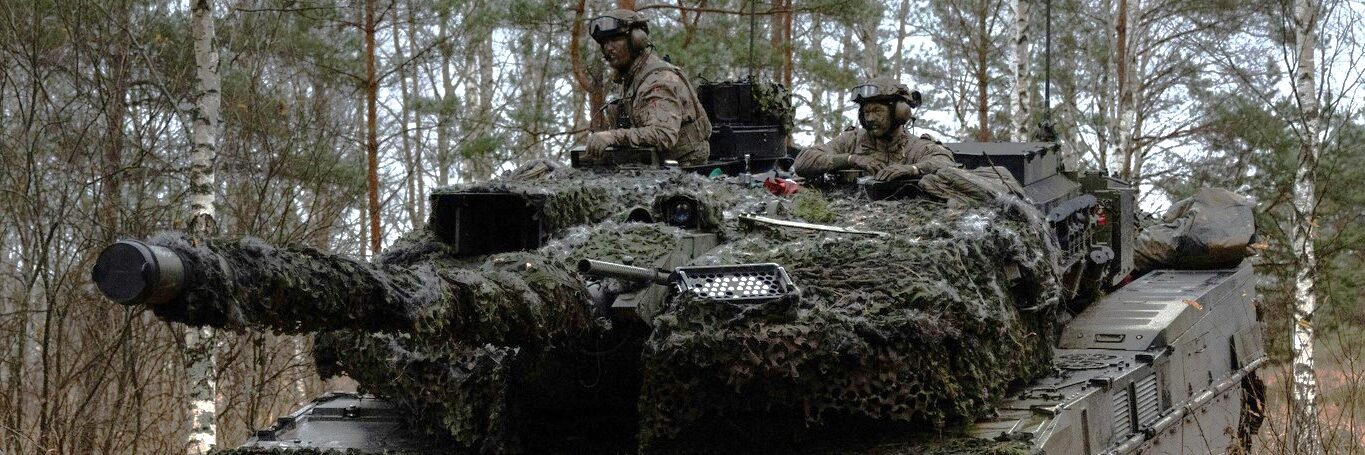A Danish tank trains in Latvia, among 3500 troops from 13 NATO allies taking part in Exercise Resolute Warrior 24. Photo: NATO
Russia’s war in the Ukraine is escalating to dangerous levels amid long-range missile attacks and the involvement of North Korean troops.
The warnings were delivered by speakers at a meeting of the UN Security Council in New York.
“In recent days, we have seen alarming signs of further escalation in this already explosive war,” said Miroslav Jenca, a UN Assistant Secretary-General for Europe, Central Asia and the Americas.
He highlighted a November 21 strike on an industrial area in the Ukrainian city of Dnipro by a Russian intermediate-range ballistic missile.
Ukrainian authorities said the missile, with six warheads, took 15 minutes to arrive from its launch site 1000 kilometres away from Dnipro, he added.
Hours after the strike, Russian President Valdimir Putin confirmed the use of a new conventional intermediate-range missile, the Oreshnik, in response to the use of Western long-range missiles by Ukraine.
“The use of ballistic missiles and related threats are a very dangerous escalatory development,” Jenca says.
He also pointed to ongoing Russian aerial strikes; on Tuesday (local time), Russia launched 188 drones against 17 Ukrainian regions.
“The cost of this war is already too high for the people of Ukraine, and for the world — and it is growing by the day.”
The Ukrainian delegate pointed out that presence of North Korean troops “remains one of the clearest indicators of Moscow’s unwillingness to de-escalate, alongside the weapons supplies Russia has been receiving from Pyongyang for over a year”.
The US representative says Moscow is looking to North Korea to resupply it with missiles, drones and ammunition. In return, Moscow is providing the Asian country with air defence systems and free fuel, he added.
Russia’s representative countered that his country’s recent use of a new missile system was in response to Ukraine’s firings of US and UK long-range missiles which, he said, had turned a regional conflict into a global one.
“Every wave of escalation from the West will be decisively responded to,” he said.
China’s delegate called on all parties, especially the US, to work with his country to “make a genuine effort to end the war”.
Some speakers highlighted the impact of the conflict on civilians and many delegates voiced alarm over ongoing military co-operation between Moscow and Pyongyang.
Estonia’s representative, speaking on behalf of Latvia and Lithuania, drew attention to Moscow’s reported recruitment of fighters from Yemen to fight in Ukraine.
South Korea’s delegate sounded an alarm over Moscow’s new nuclear doctrine, which lowers the threshold for nuclear engagement.
By launching an intermediate-range ballistic missile, the country is “dangerously blurring the lines between conventional and nuclear warfare”, he warned.
The North Korean delegate told the council meeting that his country will continue to strengthen relations with Russia.





